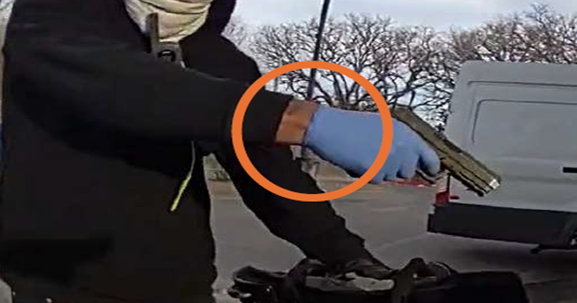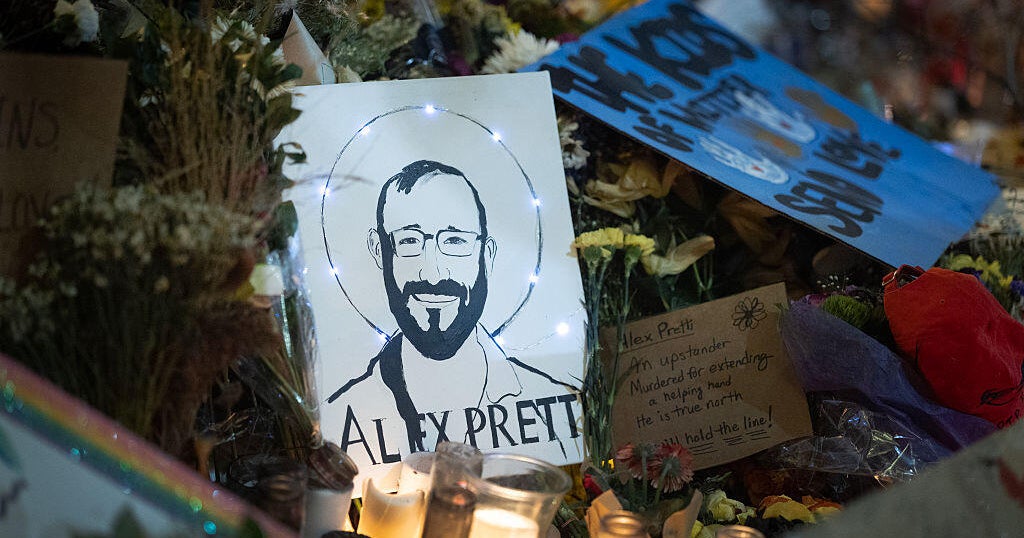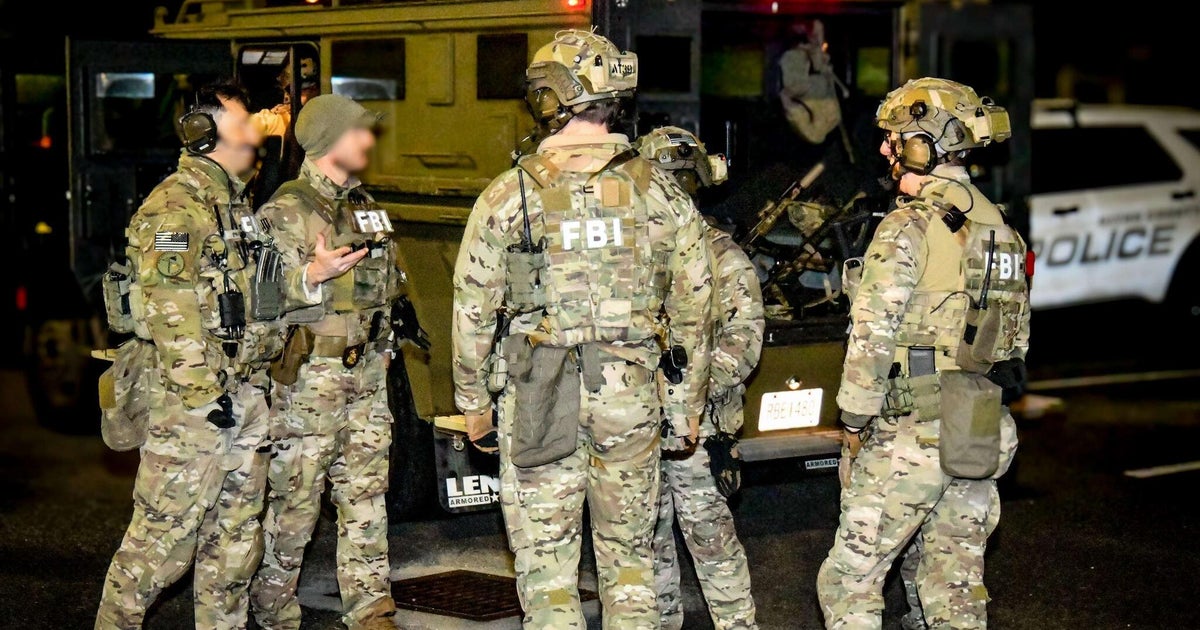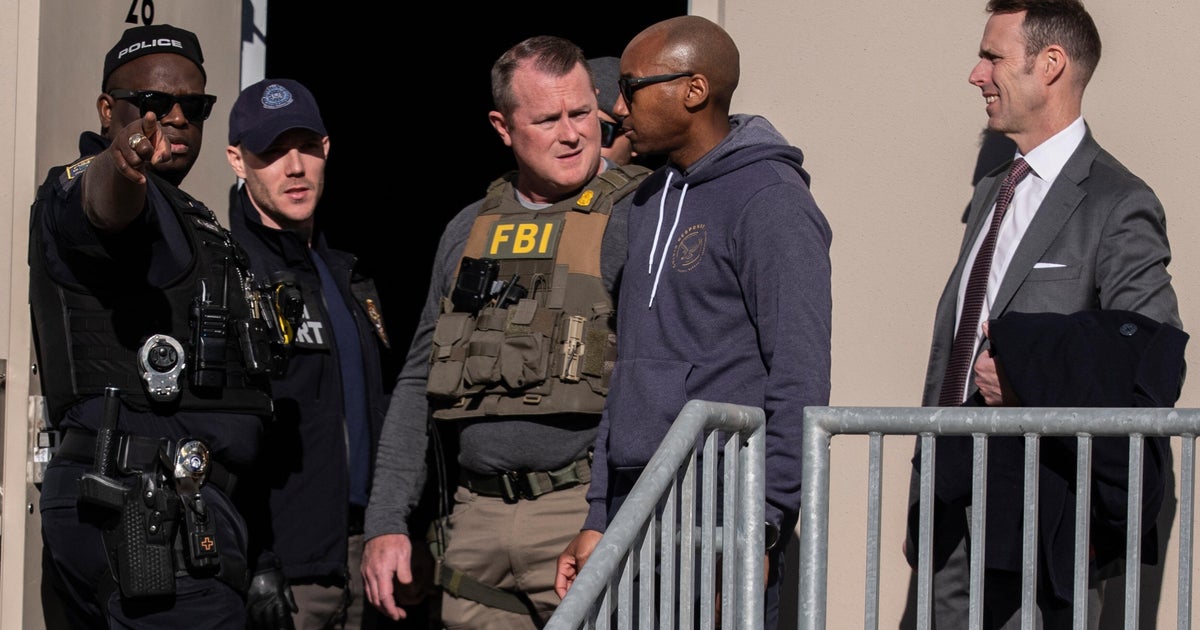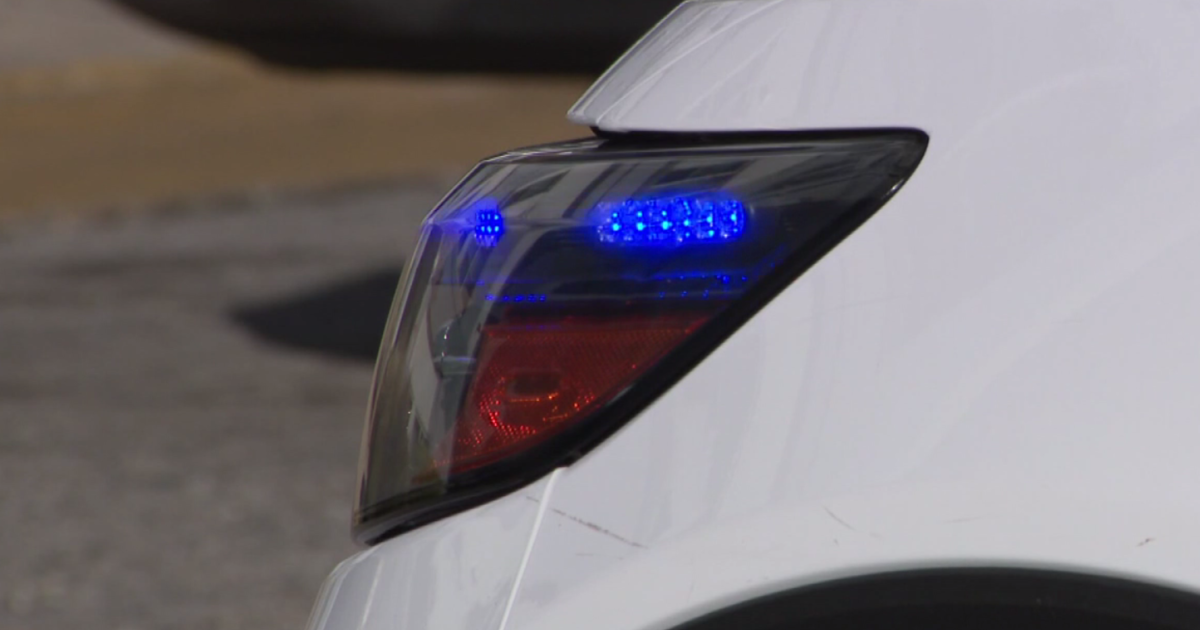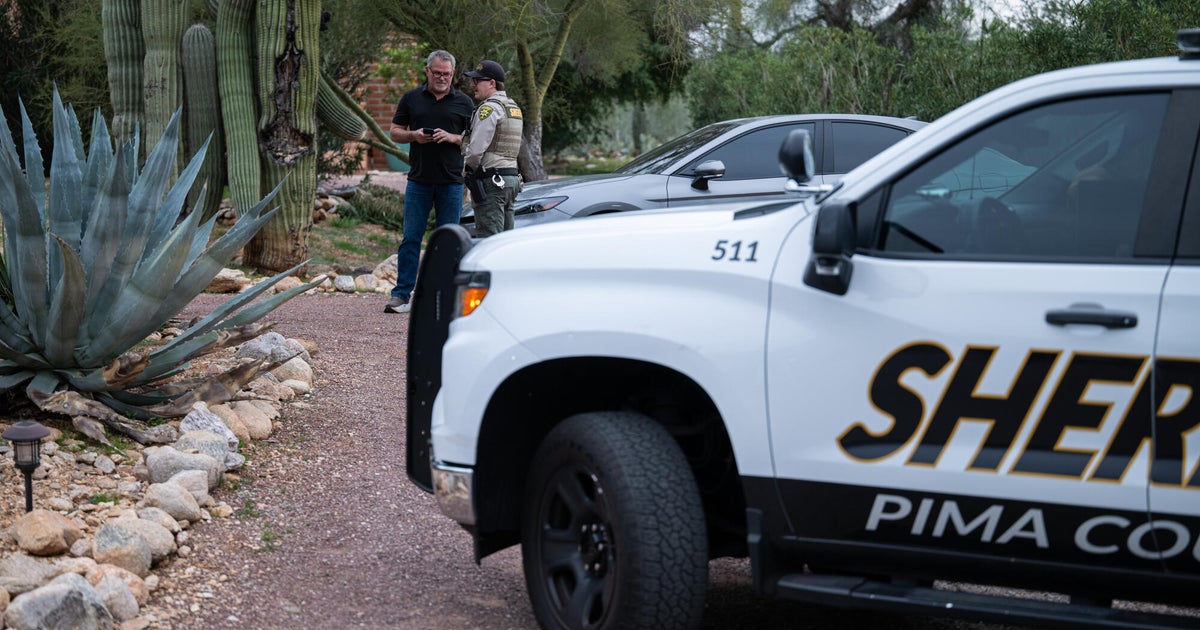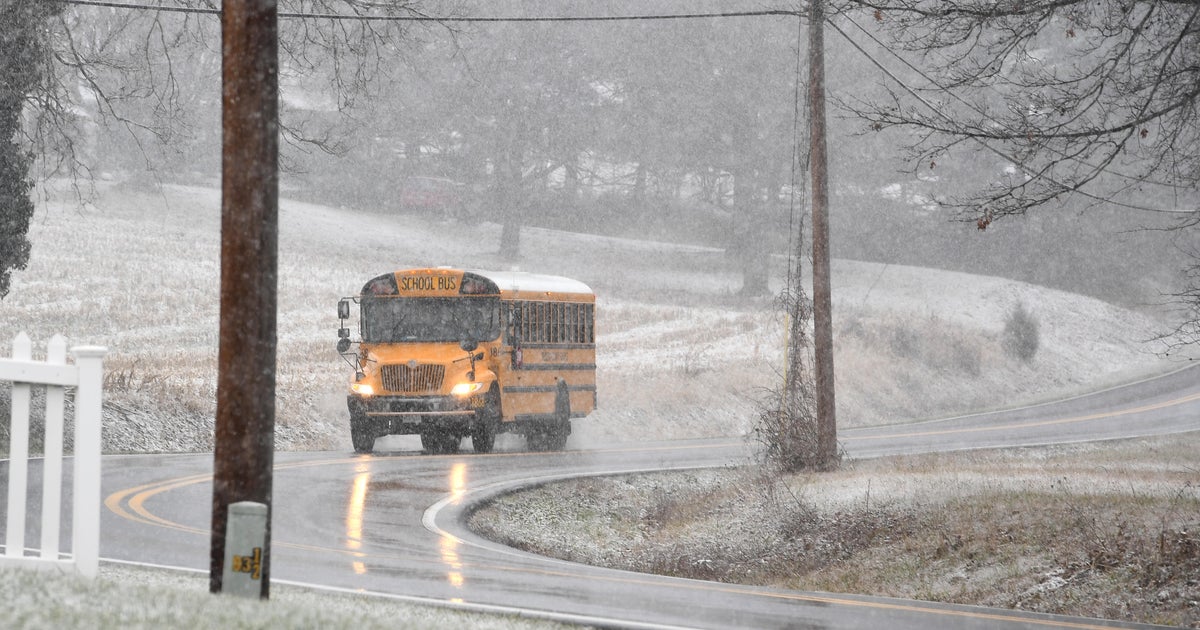Scientists Question Anthrax Attack Findings
HAGERSTOWN, Md. (WJZ) -- A group of scientists casts doubt on FBI conclusions about the 2001 anthrax attacks.
Pat Warren has more on the findings that raise more questions about whom was responsible.
A soon-to-be published paper raises the prospect that the Maryland biodefense expert accused of the crime had help or was innocent of the anthrax attacks.
Letters dated the day of the World Trade Center attack mailed to news outlets and U.S. senators contained anthrax that killed five people and sickened 17 others, including Leroy Richmond.
"I don't really feel as though I'm completely well. I think sometimes there's really something wrong with me," Richmond said.
Years into the investigation, the FBI honed in on Army biodefense expert Bruce Ivins. The Fort Detrick scientist killed himself before he was charged. Friends say he couldn't take the pressure.
"The dam was breaking and all this pressure on him," said a friend.
New research now raises questions whether the particular strain of anthrax was available to Ivins and whether he was capable of processing it. It follows a report in February that criticized the government's collection of samples but it drew no conclusions about Ivins.
"We're not asked to and will not offer any view on the guilt or innocence of any person or persons," said one.
The FBI response to the February report states it long maintained that while science played a significant role, it was the totality of the investigative process that determined the outcome of the anthrax case.
A Justice Department spokesman says this newest report provides no evidence whatsoever that the anthrax was produced anywhere but Fort Detrick.
The scientists conclude that their findings raise questions that the government should address, but the Justice Department spokesman says they stand by their conclusions.
